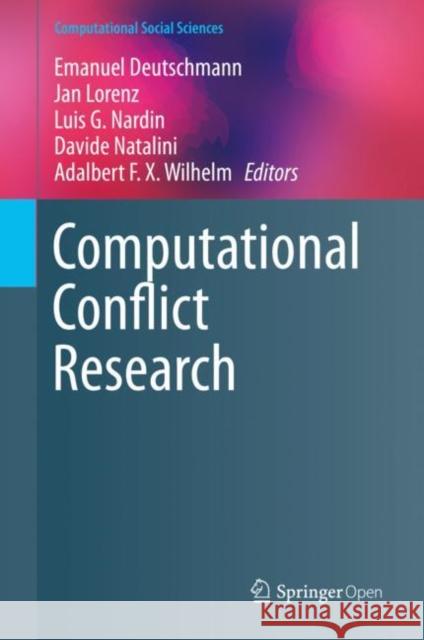Computational Conflict Research » książka
topmenu
Computational Conflict Research
ISBN-13: 9783030293321 / Angielski / Twarda / 2019 / 264 str.
Computational Conflict Research
ISBN-13: 9783030293321 / Angielski / Twarda / 2019 / 264 str.
cena 201,24
(netto: 191,66 VAT: 5%)
Najniższa cena z 30 dni: 192,74
(netto: 191,66 VAT: 5%)
Najniższa cena z 30 dni: 192,74
Termin realizacji zamówienia:
ok. 22 dni roboczych.
ok. 22 dni roboczych.
Darmowa dostawa!
Kategorie:
Kategorie BISAC:
Wydawca:
Springer
Seria wydawnicza:
Język:
Angielski
ISBN-13:
9783030293321
Rok wydania:
2019
Dostępne języki:
Numer serii:
000471981
Ilość stron:
264
Waga:
0.57 kg
Wymiary:
23.39 x 15.6 x 1.75
Oprawa:
Twarda
Dodatkowe informacje:
Komentarz
Wydanie ilustrowane
Wydanie ilustrowane











